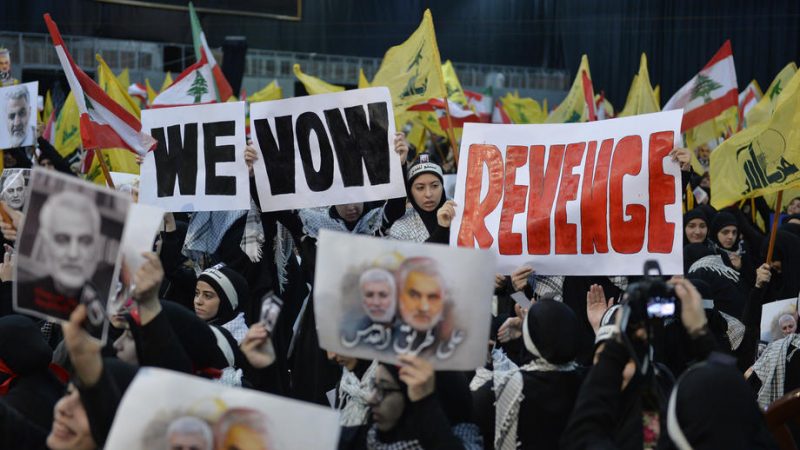Alwaght- Iran urged the UN Security Council to hold the US and the Israeli regime responsible for the assassination of Iran’s top anti-terror commander Lieutenant General Qassem Soleimani.
“Given the dire implications of this terrorist act on international peace and security, the Security Council must live up to its Charter-based responsibilities and hold the United States and the Israeli regime to account for planning, supporting, and committing the terrorist act,” Iran’s ambassador and permanent representative to the United Nations Majid Takht-Ravanchi wrote in a letter addressed to the rotating president of the UN Security Council Mona Juul.
The Iranian diplomat noted that former head of the Israeli military intelligence Major General Tamir Hayman admitted last December that the Tel Aviv regime was involved in the 2020 assassination and described it as “an achievement” and one of the two significant and important targeted killings during his term.
“As I have on numerous occasions underlined,” Takht-Ravanchi said, “this internationally wrongful criminal act was a grave breach of the obligations of the United States under the international law, and thus entails its international responsibility.”
“This criminal act also entails the criminal responsibility of all those who had aided, abetted or otherwise assisted and supported, by any means, directly or indirectly, the planning or perpetration of this terrorist act, the clear example of which is the supportive role and the involvement of the Israeli regime in it,” Iran’s UN envoy added.
Takht-Ravanchi went on to emphasize that Gen. Soleimani played a significant role in combatting international terrorism, and was rightfully entitled “Hero of the Fight against Terrorism and the General of Peace.”
“Therefore, his cowardly assassination was a big gift and service to the Daesh and other Security Council-designated terrorist groups in the region,” the Iranian diplomat said.
General Soleimani and his Iraqi trenchmate Abu Mahdi al-Muhandis, deputy head of the Popular Mobilization Units (PMU) were targeted along with their companions on January 3, 2020, in a terrorist drone strike authorized by Trump near Baghdad International Airport.
Five days later, in a military operation codenamed Operation Martyr Soleimani, Iran’s Islamic Revolution Guards Corps (IRGC) launched a volley of ballistic missiles at the Ain al-Asad airbase in Iraq’s western province of Anbar and at another airbase in Erbil in the Kurdistan Region. Over 100 American troops were later diagnosed with “traumatic brain injuries” in Ain al-Asad.
Iran has called Soleimani’s assassination state terrorism and vowed to put an end to the US military’s presence in the region as its ultimate revenge, while urging neighboring Iraq to expel US forces from the Arab country’s soil. The Islamic Republic has also pledged to bring all the perpetrators, first and foremost Trump, to justice.
In recent days, millions of people in Iran, Iraq, and elsewhere have been attending events marking the second anniversary of the two commanders’ martyrdom.



























